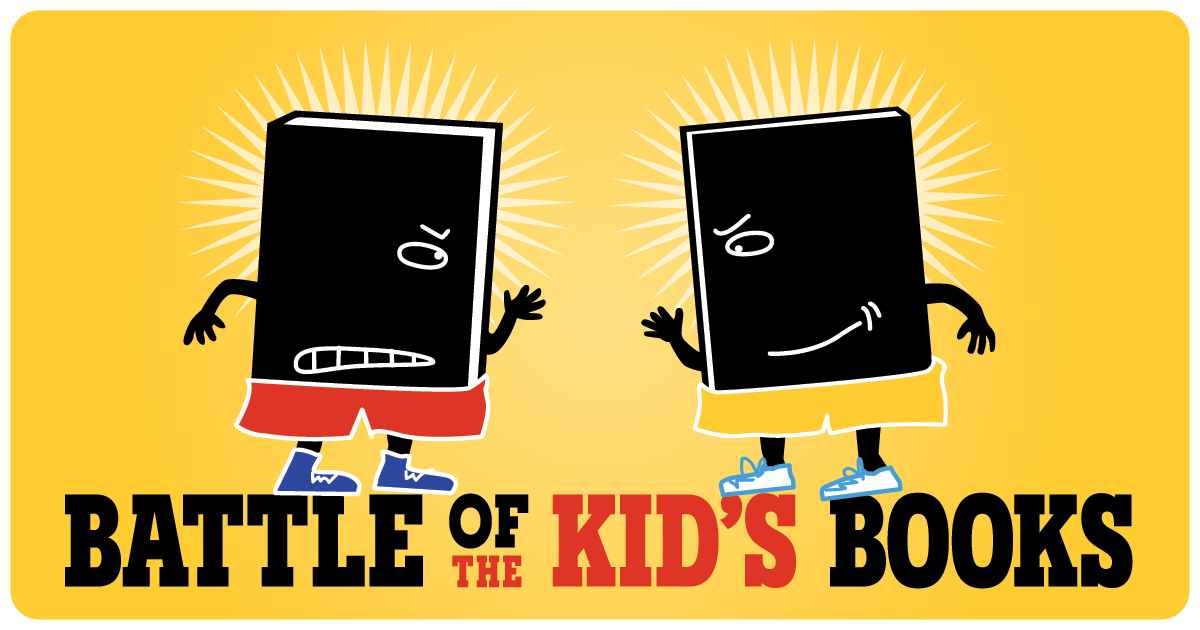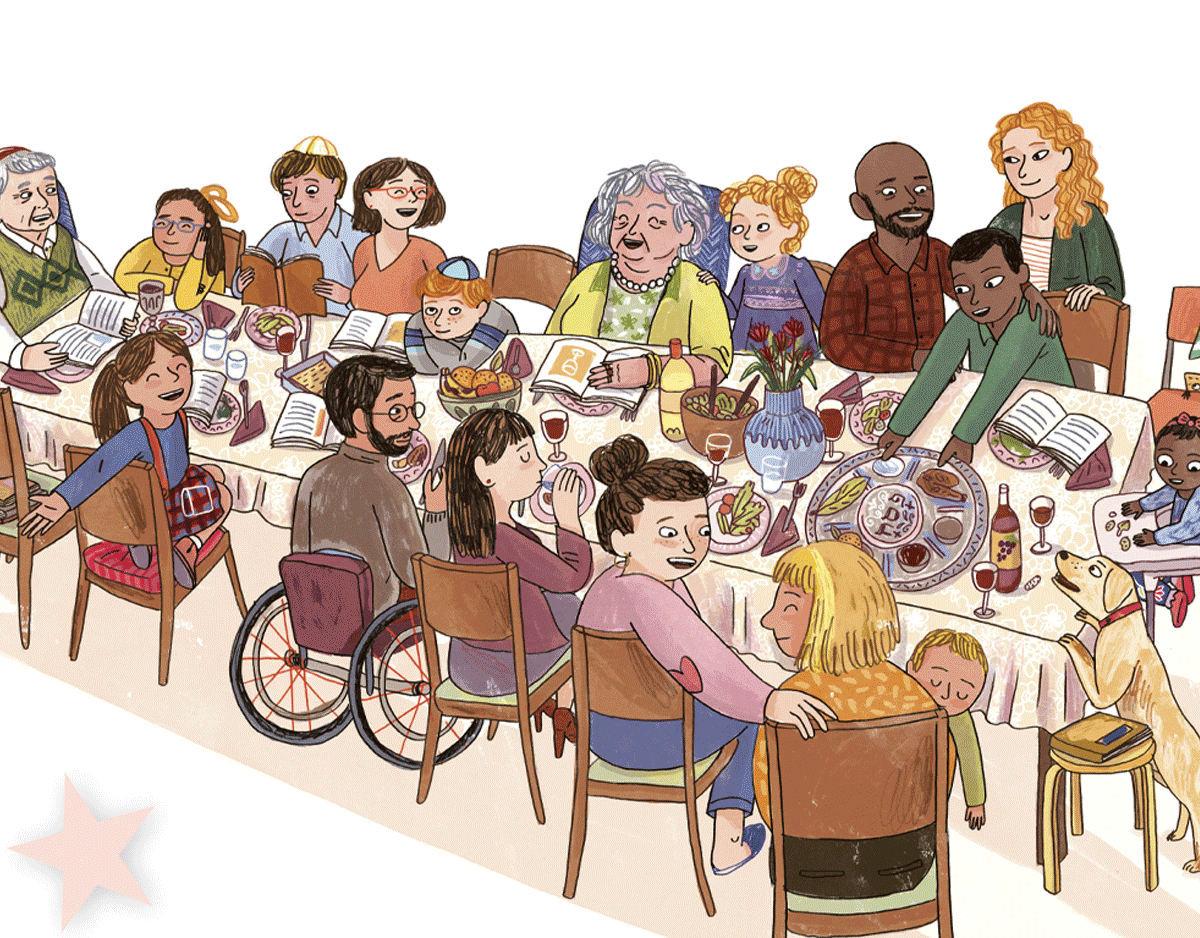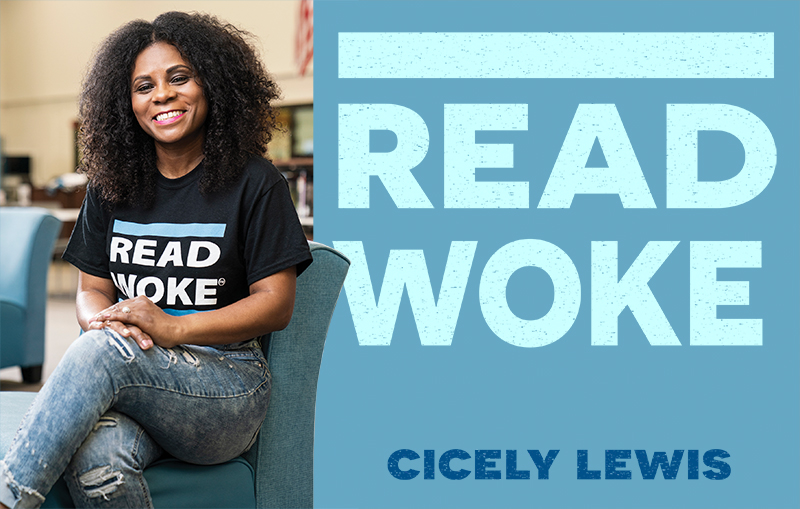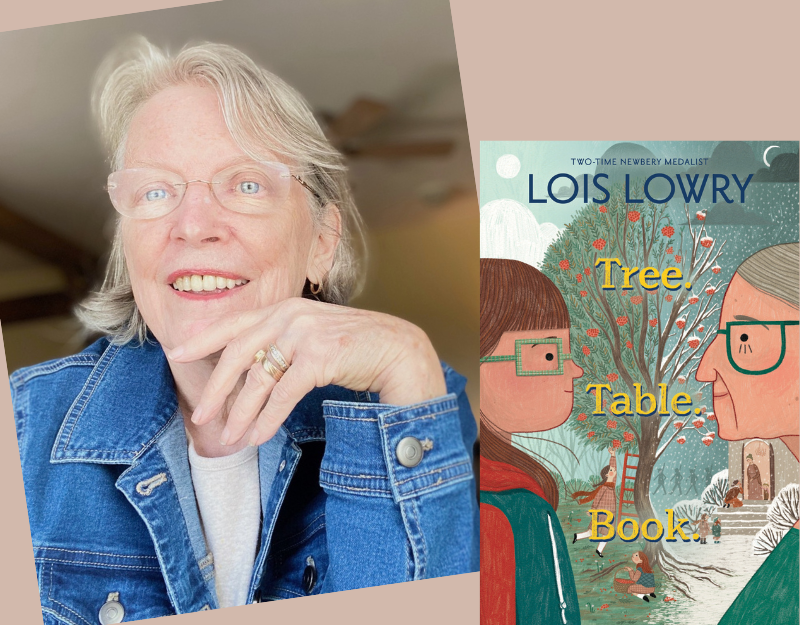SCROLL DOWN TO READ THE POST
Round 2, Match 1: Challenger Deep vs Echo
|
JUDGE – Jennifer Donnelly |
|
| Challenger Deep by Neal Shusterman HarperCollins |
Echo by Pam Muñoz Ryan Scholastic Press |

My favorite stories are ones that drive me out to the borderlands – a lawless patch of literary scrub – and boot me out of the car with no GPS, no tattered road atlas, not even a cheap plastic compass.
Challenger Deep by Neal Schusterman and Echo by Pam Munoz Ryan are two such books. They play with form, time, and space. Both ask questions; neither offers easy answers. They’re a little disorienting, a little dizzying, and hugely compelling.
In Challenger Deep, fifteen-year-old Caden Bosch, the main character, is stranded in his own borderlands – a desolate piece of real estate located somewhere between sanity and schizophrenia.
Caden’s a brilliant kid, one who’s slowly losing his mind. He doesn’t know where his descent into madness will end, or even when it started, because in his head, Time is different….It doesn’t move forward; it sort of moves sideways, like a crab.
Sometimes Caden is present in the real world, sometimes he’s aboard an imaginary ship helmed by the sinister Captain, and headed for the deepest point on earth: Challenger Deep. As Caden’s condition worsens, his despairing parents commit him to a mental hospital. Schusterman’s son is a victim of mental illness and his drawings, which are sad and arresting, illustrate the book.
The story is told from Caden’s point of view, in scenes that veer between day-to-day realities and the dark unreality of time spent with the Captain. Scenes where the Captain is present, or invoked, are plentiful. In the beginning, I found them evocative, unsettling, even terrifying.
….waiting in that moment is the Captain. He’s patient. And he waits. Always.
Even before there was a ship, there was the Captain.
This journey began with him, you suspect it will end with him, and everything between is the powdery meal of windmills that might be giants grinding bones to make their bread.
Tread lightly, or you’ll wake them.
As Challenger Deep progressed, though, I felt that the Captain’s storyline slowed the novel’s pace and diminished its hold over me. I found myself hurrying through those chapters, impatient to leave the manifestation of Caden’s illness, so I could find out how he was faring in his battle against it.
It was Schusterman’s wrenching depictions of Caden’s real world pain—the pain of his mind betraying him, of being left at a mental hospital, of forging fragile bonds with other patients, only to see them broken—that tore my heart out.
Mental illness is many things. It’s sadness, fear, grief, anger, hopelessness….but most of all it’s loss, and Schusterman doesn’t flinch from showing us all that Caden’s disease takes from him: his family and friends, his past and present, maybe even his future.
I think of all the things I want to do and want to be, Caden tells us. Ground-breaking artist. Business entrepreneur. Celebrated game designer. “Ah, he had such potential,” the ghosts of the future lament in mournful voices, shaking their heads…..Sometimes I think it would be easier to die than to face that, because “what could have been” is much more highly regarded than “what should have been.” Dead kids are put on pedestals, but mentally ill kids get hidden under the rug.
In Echo, the Brothers Grimm meet Annie Proulx as Munoz Ryan draws her readers into a different sort of borderlands – the gloamy realm between classic fairytales and historical fiction.
As the book opens, fifty years before World War II, young Otto is playing hide and seek and gets lost in the woods. There he meets three strange sisters: Eins, Zwei, and Drei, who are bound by a cruel spell. They ask him to help them break the spell, imbue his harmonica with magic, and tell him a prophecy:
YOUR FATE IS NOT YET SEALED.
EVEN IN THE DARKEST NIGHT, A STAR WILL SHINE,
A BELL WILL CHIME, A PATH WILL BE REVEALED.
Otto isn’t sure he knows how to help the sisters, but they tell him not worry. They’re connected now, by a silken thread of destiny. The next day, Otto finds his way home. Time passes, but he never forgets the sisters, or the promise he made to help them.
So far, this feels like familiar fairytale ground, but one page later, Echo thrusts us into real-world Germany in 1933. There, Friedrich Schmidt, a sensitive boy, dreams of becoming a conductor. He plays a harmonica—one with a strange mark on it that looks a bit like a Star of David. Worried about what might happen if Nazis see it, Friedrich tucks the instrument into a box of harmonicas bound for the US. When Friedrich’s father is arrested by the Nazis, Friedrich risks everything to free him. His story ends on a cliff-hanger, with the one, two, three of a waltz echoing in his head, and Hitler’s thugs closing in.
The harmonica’s music echoes down through the years, as the instrument makes its way into the hands of Mike Flannery, a boy in an orphanage near Philadelphia, and then Ivy Lopez, a girl living in California. Like Friedrich, Mike and Ivy are talented musicians, and like him, they face difficulties in their lives.
Echo, with its simple, straightforward—and in places, breathtaking—writing, is sweetly old-fashioned in tone, yet timeless in its assertion of the essential goodness of people, and the ability of music to carry us through hard times, to be the stars in the dark night that show us the path home.
Munoz Ryan has created three engaging characters each of whom is grounded in his or her time and place, yet speaks eloquently to modern readers struggling to make sense out of a world that’s often confusing and cruel. Friedrich, Mike, and Ivy try hard to do the right thing, even when it’s not the easy thing, and they won my heart because of that, but I sometimes felt that they were too good and too selfless, and would have liked to see the more subtle shades of their personalities. In addition, the dialogue between characters struck me as stilted in places, lacking the contractions, slang, and energy that color everyday conversation.
Challenger Deep and Echo are both ambitious, original books. Though Challenger Deep seems written more for teens, and Echo for middle-graders, both take risks with structure, demand that readers work to unlock mysteries and metaphors, and offer endings that are hopeful, but not entirely tidy or happy.
Caden comes to the hard realization that the Captain will wait be waiting for him on the deep, dark seas of his mind for the rest of his life. And on an evening embroidered with the thread of destiny, in a theater crowned with a halo of light, in New York City in 1951, Friedrich, Mike, and Ivy find that despite the heartbreaks life has handed them, music can still work a magic all of its own.
It was super hard to choose between these two books, but for me, Echo was more successful in meeting the challenges it set for itself and so it’s the winner of this round.
But to be truthful, I feel like I’m the winner here because I got to read two amazing books, by two immensely talented authors.
— Jennifer Donnelly

Donnelly’s way of framing this match–in “the borderlands”–is very interesting. As she illustrates, Challenger Deep clearly lies on the borderlands of a mind between imagination and reality. In a way, Echo does as well, the musical dreams and aspirations of Friedrich, Michael, and Ivy contrasting with the harsh worlds they live in. For Caden, imagination become his bane as he tries to ground himself in the real world; for Echo’s protagonists, music becomes their escape. Personally, I’d prefer if Challenger Deep moved on, again because it addresses a very challenging subject in a complex manner. Like Donnelly, I definitely moved through the later part of the book faster, but for me, that only testified further to the raw power of Shusterman’s language and the Captain’s haunting presence. But Echo also threads the line between imagination and reality in a seemingly more simple way, with straightforward language and a refreshing voice of innocence. And like Donnelly, with such a high level of work here, I can only be thankful.
– Kid Commentator RGN

I absolutely love twisty-turny books with complicated plot twists and cliffhangers, but Echo had one cliffhanger that bothered me a bit too much. I find that in books following multiple people and multiple stories, the kinds that change from part to part like Echo does, I always become attached to one character or one story over the other(s). In this case, it was Friedrich. I was so drawn in by his story, and not having read the blurb, I was under the impression that it would be all about him. I was quite obviously wrong. His story ended abruptly, and I was pushed–unwillingly, I might add–into Pennsylvania with Mike. While Mike and Ivy’s stories were intriguing, I couldn’t help but feel like I was skimming too fast just so I could get to the point where I found out what happened with Friedrich. If I’m being completely honest, I would have rather read a book only about Friedrich, minus all of the harmonica-through-the-ages stuff. Challenger Deep was so touching, and I’ve already mentioned that I uglily sobbed at the end, and so I personally think that it should have won the match instead especially considering the not-so-often portrayed side of schizophrenia.
– Kid Commentator NS

ECHO WILL MOVE ON TO ROUND 3
About Battle Commander
The Battle Commander is the nom de guerre for children’s literature enthusiasts Monica Edinger and Roxanne Hsu Feldman, fourth grade teacher and middle school librarian at the Dalton School in New York City and Jonathan Hunt, the County Schools Librarian at the San Diego County Office of Education. All three have served on the Newbery Committee as well as other book selection and award committees. They are also published authors of books, articles, and reviews in publications such as the New York Times, School Library Journal, and the Horn Book Magazine. You can find Monica at educating alice and on twitter as @medinger. Roxanne is at Fairrosa Cyber Library and on twitter as @fairrosa. Jonathan can be reached at hunt_yellow@yahoo.com.
ADVERTISEMENT
SLJ Blog Network
The Moral Dilemma of THE MONSTER AT THE END OF THIS BOOK
Cover Reveal and Q&A: The One and Only Googoosh with Azadeh Westergaard
Winnie-The-Pooh | Review
A Reading Community: A Love Letter to Local Independent Bookstores, a guest post by Heather Del Piano
The Classroom Bookshelf is Moving
ADVERTISEMENT
ADVERTISEMENT







